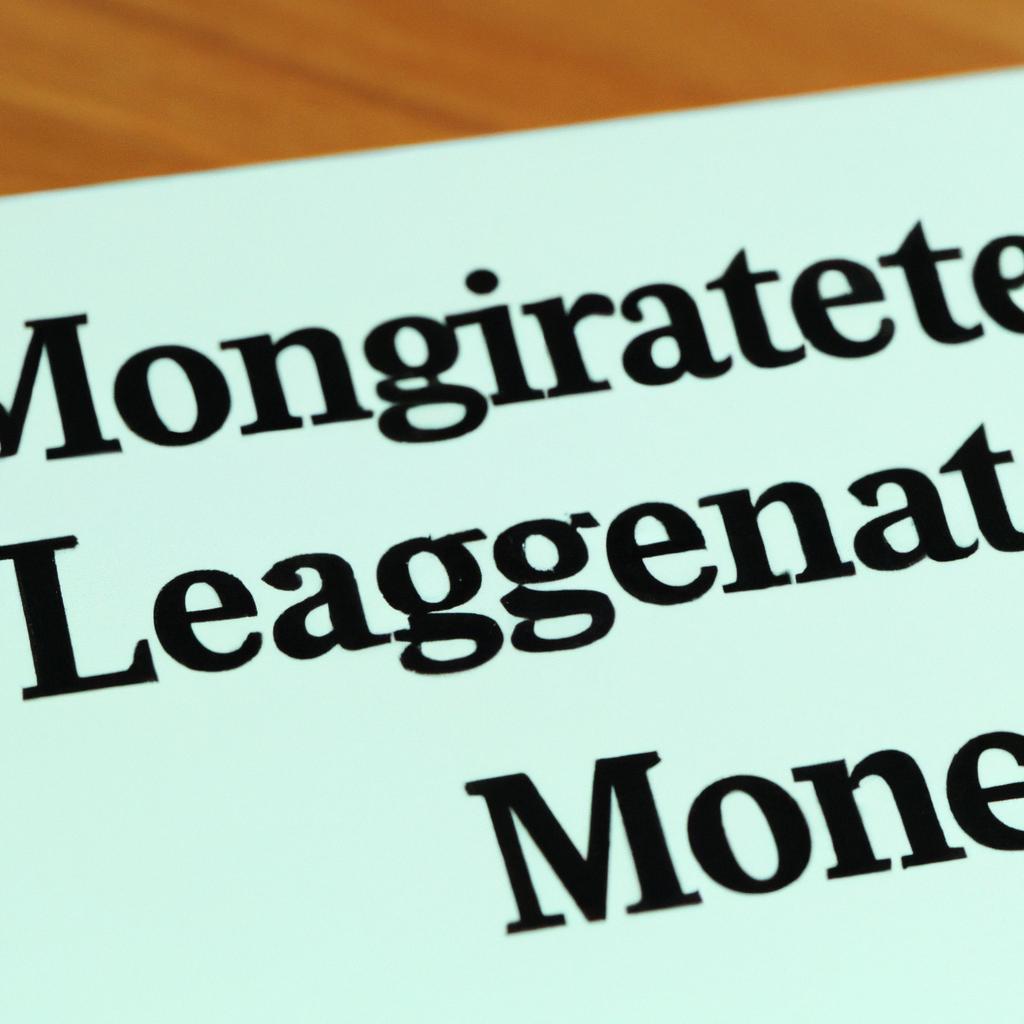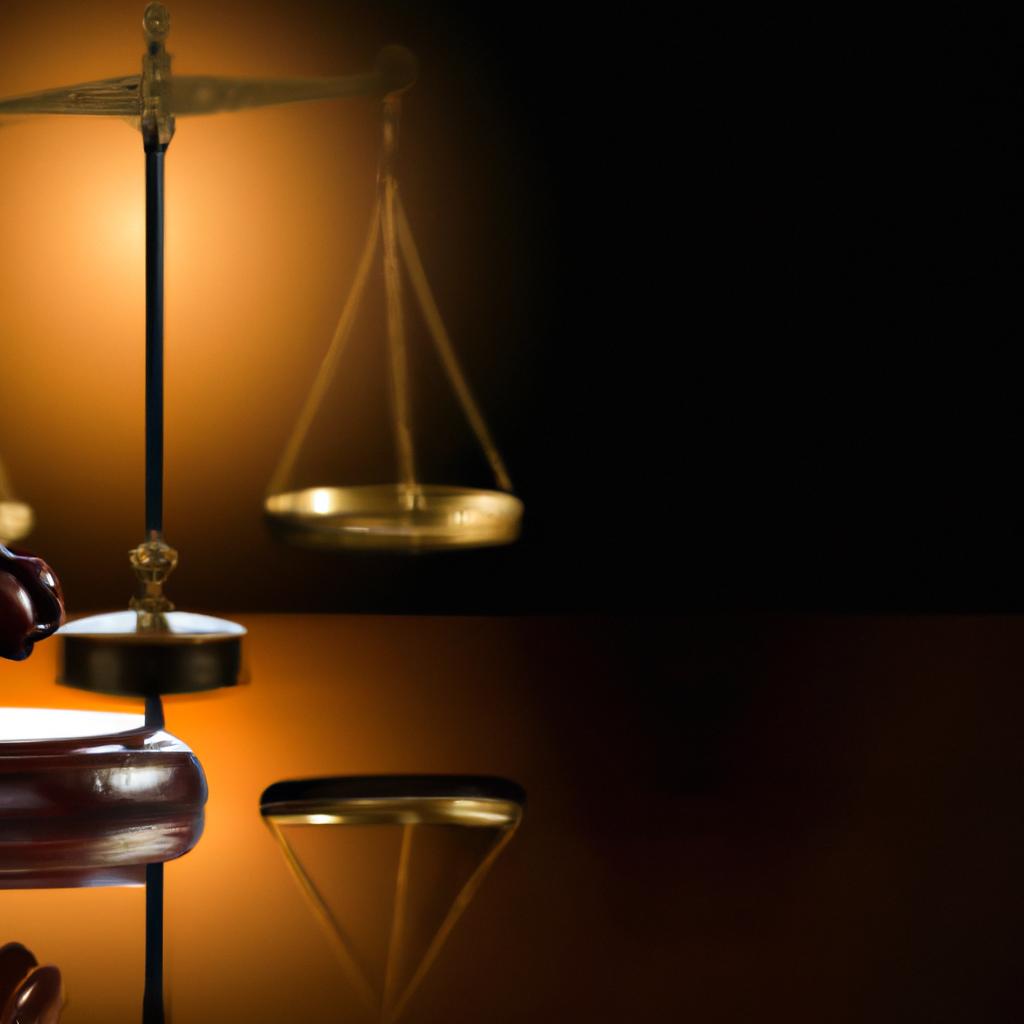In the intricate world of real estate ownership, the relationship between the name on the deed and the name on the mortgage can often lead to complex legal issues. At Morgan Legal Group, located in the heart of New York City, our team of experienced attorneys specializes in navigating the nuances of estate planning, probate, elder law, Wills, and trusts. In this article, we will explore the implications of having a name on the deed that does not match the name on the mortgage, shedding light on the potential consequences and legal considerations that arise in such scenarios.
Legal Implications of Having Your Name on the Deed but Not the Mortgage
When your name is on the deed but not on the mortgage, there are several legal implications to consider. While this arrangement may seem convenient or strategic at first, it can potentially lead to complications down the road.
One major implication is that even though you are a legal owner of the property, you may not have any financial responsibility for the mortgage. This means that you could lose the property if the mortgage goes unpaid, even though you are technically a co-owner. Additionally, if there is a dispute over the property or if one party wants to sell, having your name solely on the deed can complicate matters and lead to legal battles.

Understanding the Rights and Responsibilities of Individuals in this Situation
When a situation arises where the name on the deed differs from the name on the mortgage, it is important for individuals to understand their rights and responsibilities in such a scenario. In this complex legal landscape, it is crucial to navigate the circumstances carefully to ensure a favorable outcome.
One key aspect to consider is the impact of not being listed on the mortgage despite being on the deed. Individuals in this situation may have rights to the property, but they may also bear certain responsibilities, such as potential liability for the mortgage. It is essential to carefully review the legal documentation and seek guidance from a qualified professional to fully grasp the implications of this arrangement.

Potential Risks and Benefits of Having Uneven Ownership in Real Property
Having uneven ownership in real property can present both risks and benefits for all parties involved. On one hand, it can allow for greater flexibility in terms of managing the property, sharing expenses, and allocating responsibilities. However, it can also lead to potential conflicts, disputes, and legal issues down the road.
One of the main risks of having uneven ownership is the unequal financial burden it may impose on certain owners. If one owner is contributing more to the mortgage payments and property upkeep, while another is not, it can create resentment and tension within the ownership arrangement. On the other hand, having uneven ownership can also provide tax benefits, inheritance planning advantages, and potential asset protection strategies for the parties involved.

Recommendations for Resolving Issues Related to Name Discrepancies on Deeds and Mortgages
In order to address the issue of a name on a deed not matching the name on a mortgage, there are several recommendations that can help resolve the discrepancy:
<ul>
<li><strong>Review all documents:</strong> Start by carefully examining all relevant paperwork, including the deed and mortgage documents, to identify any inconsistencies.</li>
<li><strong>Consult with a real estate attorney:</strong> Seeking guidance from a legal professional who specializes in real estate matters can help clarify the situation and provide options for resolution.</li>
<li><strong>Consider legal remedies:</strong> Depending on the circumstances, it may be necessary to pursue legal remedies such as a name change or court order to correct the discrepancies.</li>
</ul>It is essential to address name discrepancies on deeds and mortgages promptly to avoid potential complications in the future. By taking proactive steps and seeking professional assistance, individuals can ensure that their property ownership is accurately reflected in all legal documents.
<table class="wp-block-table">
<thead>
<tr>
<th>Name Discrepancy</th>
<th>Resolution</th>
</tr>
</thead>
<tbody>
<tr>
<td>Typographical error</td>
<td>File a correction deed</td>
</tr>
<tr>
<td>Name change</td>
<td>File a court order for name change</td>
</tr>
<tr>
<td>Marriage or divorce</td>
<td>Update documents with proof of change</td>
</tr>
</tbody>
</table>Q&A
Q: What does it mean for your name to be on the deed but not on the mortgage?
A: When your name is on the deed but not on the mortgage, it means that you have ownership rights to the property but are not responsible for the mortgage payments.
Q: Can I be on the deed but not the mortgage?
A: Yes, it is possible to be on the deed but not the mortgage. This arrangement is sometimes used when one person wants to own the property but does not want to take on the financial responsibility of the mortgage.
Q: What are the implications of having your name on the deed but not on the mortgage?
A: Having your name on the deed but not on the mortgage means that you have a legal right to the property and can have a say in decisions regarding the property. However, you are not responsible for making mortgage payments.
Q: What are the potential drawbacks of having your name on the deed but not on the mortgage?
A: One potential drawback is that you do not have financial responsibility for the property, so you may not be able to claim tax deductions or benefits associated with homeownership. Additionally, if the mortgage is not paid, it could potentially impact your ownership rights to the property.
Q: How can I protect my interests if my name is on the deed but not on the mortgage?
A: It is important to have a clear and legal agreement in place with the other party involved to outline each person’s rights and responsibilities. Consulting with a real estate attorney can help ensure that your interests are protected.
The Conclusion
In conclusion, the dynamic relationship between the name on a deed and the name on a mortgage can have significant implications for property ownership and financial responsibilities. Whether you’re considering purchasing a home with a partner, navigating a divorce settlement, or simply looking to understand your rights as a homeowner, it’s important to be aware of how these two documents intersect. By staying informed and seeking legal guidance when needed, you can ensure that your interests are protected and your property rights are upheld. Remember, the road to homeownership may have its twists and turns, but with the right knowledge and support, you can confidently navigate the complexities of property ownership.


